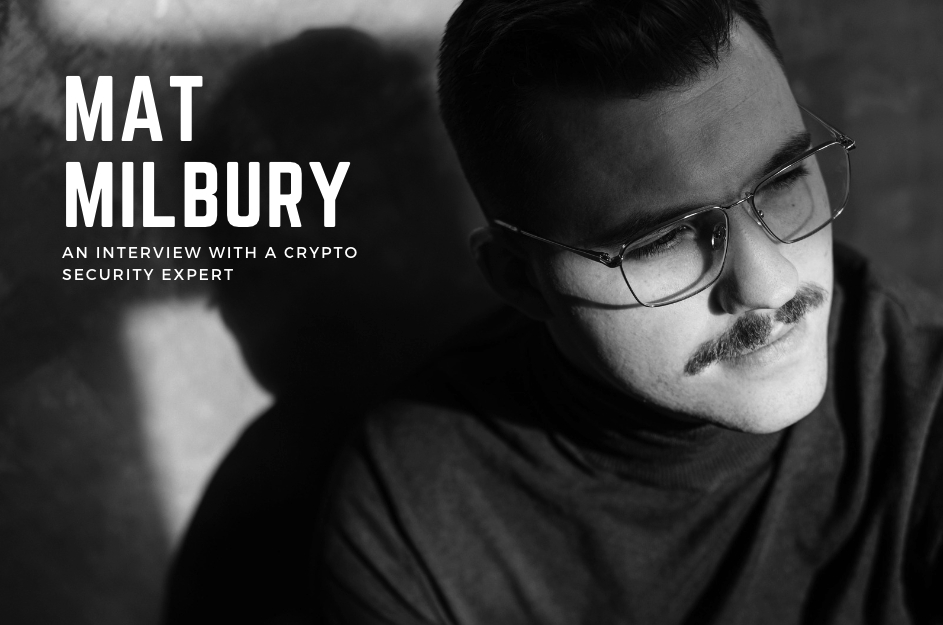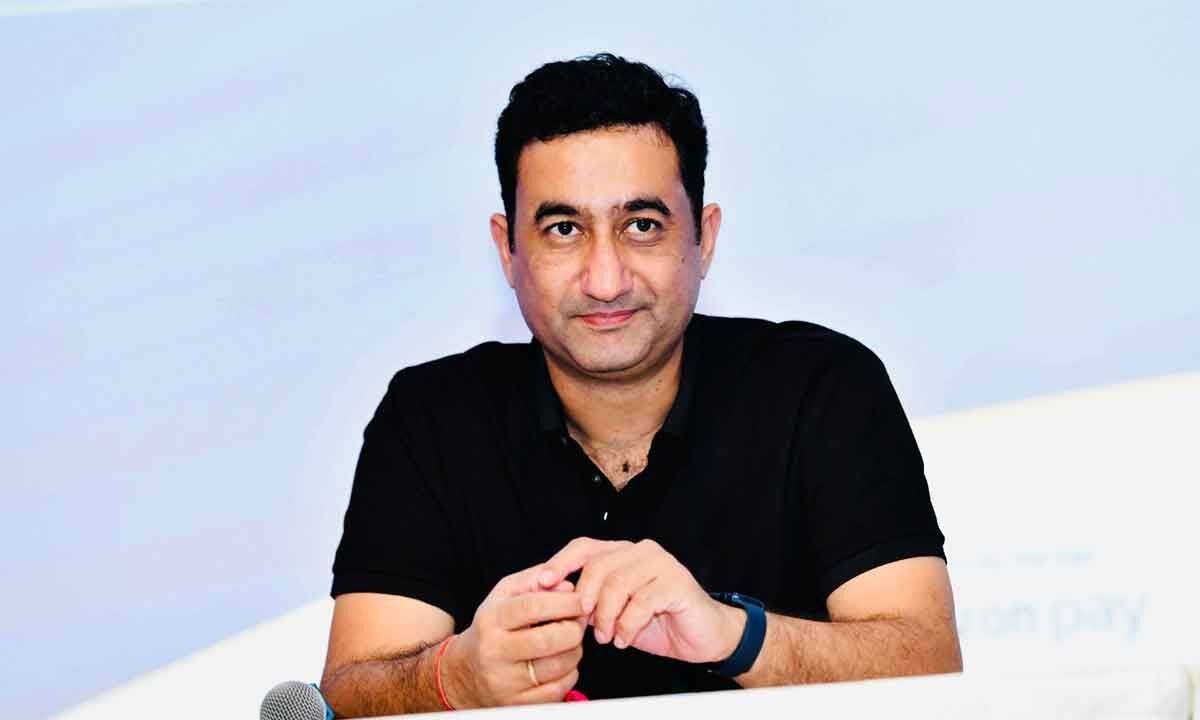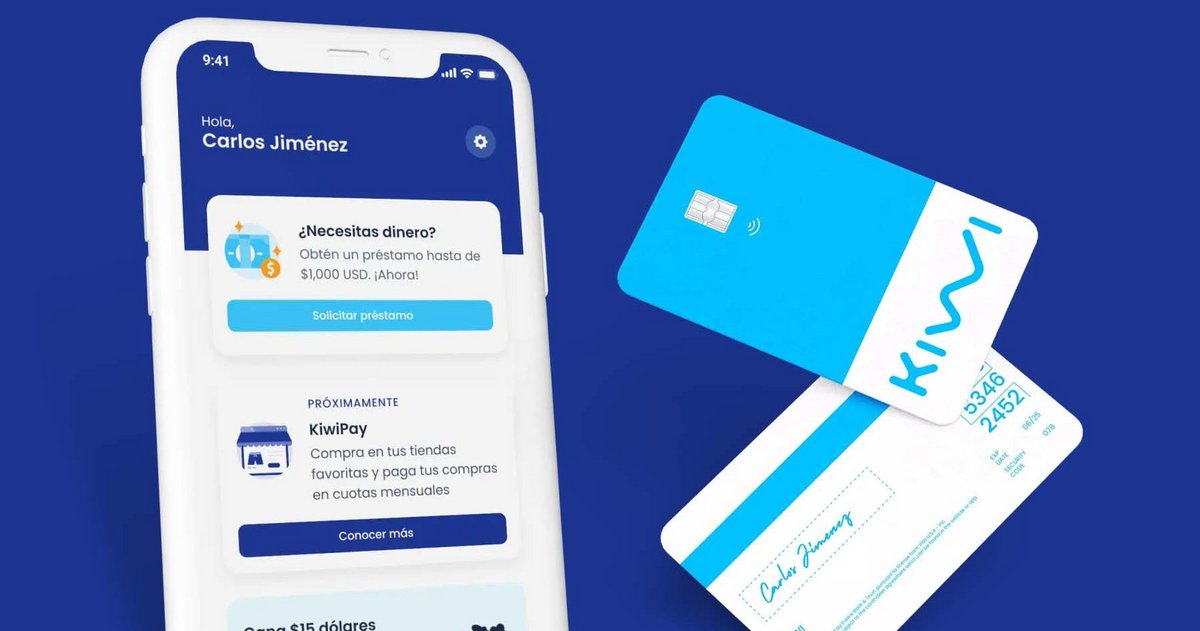Blockchain has a problem. Here’s how to fix it

Disclaimer: The text below is a press release that is not part of Cryptonews.com editorial content.

Mat Milbury is Director of Blockchain Security at Tenset, a cryptocurrency platform. Over the years, he has worked as a cyber security expert with a diverse set of companies based in various technology hubs around the world. Now he is on a mission to innovate how we approach the security of blockchain-based solutions.
You have been employed by established technology companies in Silicon Valley. Why did you decide to switch to working with the blockchain industry?
I have always wanted to learn more about the concept of money. When I discovered cryptocurrencies, I became curious. The crypto space is a unique combination of technology with ideals of freedom and the concept of money.
For centuries, governments, borders and established structures have limited people’s ability to innovate. But the permissionless and decentralized nature of blockchain enables people to create without such restrictions. It’s fascinating to me to observe how it allows people to reclaim their sovereignty.
How does working in the web3 world differ from working for web2 companies for you?
There are a lot of differences – it’s a completely different world, frankly. Everyone works closer to the value streams. Unlike many traditional organizations, it is not taboo to talk about money on the web3 site. Such an approach is much healthier as it sets people up for more financial success.
In addition, you experience a shift in perception when you go from the web2 to the web3 world – you realize that all money is accounted for. Such a mental model represents reality much more accurately. It also helps to understand the macro economy and make sense of what is happening in the world.
Another significant difference is the culture. Because there are no borders in the blockchain world, remote work is much more prevalent. Many traditional companies were forced to switch to remote mode during the pandemic, but are now slowly returning to the office setting. In contrast, it is common for web3 companies to be intentionally constructed as external-first organizations.
What are the biggest issues facing the blockchain ecosystem today?
I think blockchain has a problem. And it’s not about the technology itself – it’s about the people. Humans are the weakest link in the blockchain industry.
In crypto, you are your own bank. This means you don’t have to trust any company, government or any other entity. However, it costs something.
Most simply lack the technological competence needed to step up to the role of their own banks. Most internet users do not even practice basic internet hygiene such as using a different password for each online service. And protecting your own digital assets is a much bigger challenge than, say, keeping your Facebook account safe.
This is evident from the amount of assets in the chain that have been lost or stolen in recent years. The most common way people lose their cryptocurrencies is through fraud. Scams work because individual users still don’t know how to securely store crypto assets.
How would you solve these problems?
Over the years it became clear that the security of assets in the chain must be handled in a two-pronged way.
Crypto is just money governed by code. The code needs to be tested and audited much more thoroughly than is the case right now. One of the problems is that security audits take a lot of time as they usually require highly skilled engineers to do the manual work.
Many projects simply cannot afford to extend their time to market with the many months they have to wait to be audited. We need more advanced, streamlined and faster ways to conduct security audits.
And then there are users. Users need to keep up with technological advances, realize why blockchain technology is such an important invention, and learn how to use it securely. We need users to be educated and empowered so that they can become their own banks.
What does the future hold for blockchain technology?
If society today realized the possibilities blockchain technology opens up and how much power it puts back into people’s hands, we would be well on our way to achieving global adoption.
Instead, many see only volatile assets and risk. These people are completely missing the value proposition of blockchain.
I think it will take some more time and work before humanity wakes up to the power of blockchain and we achieve the critical mass required for global adoption.
























